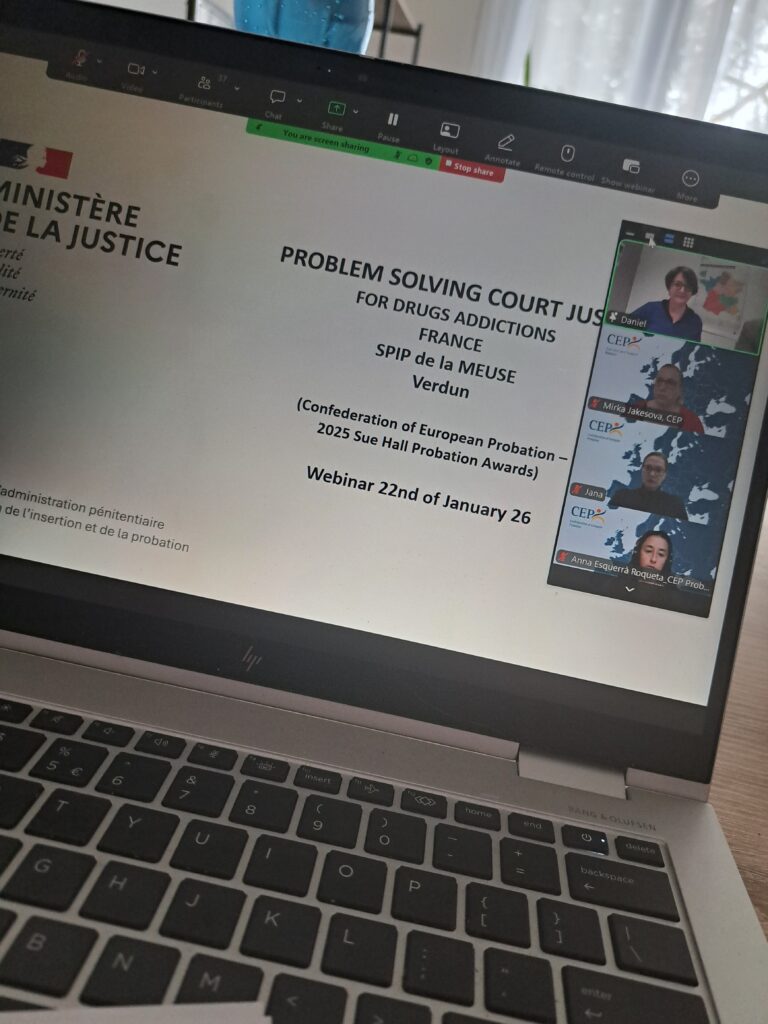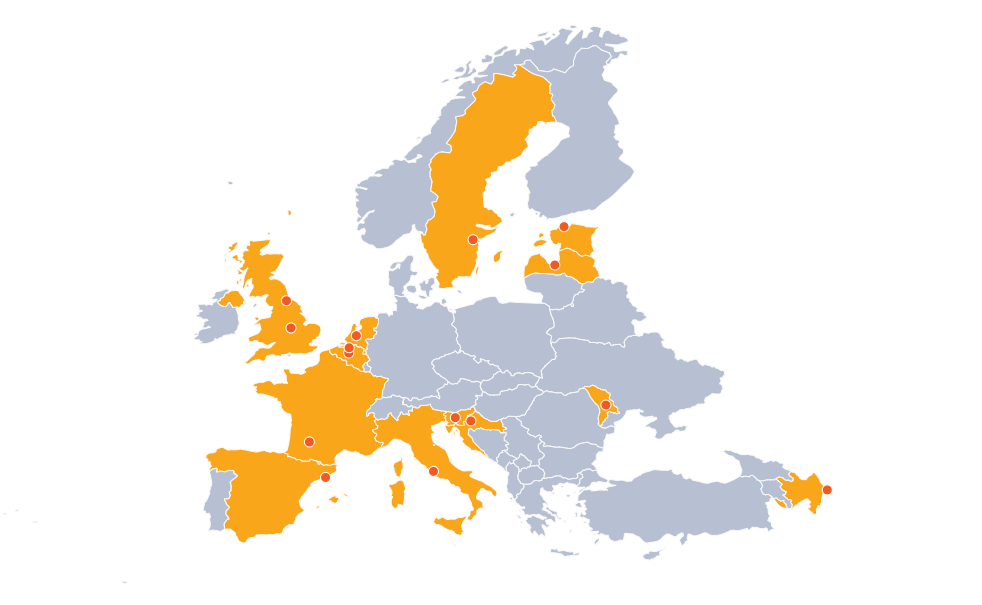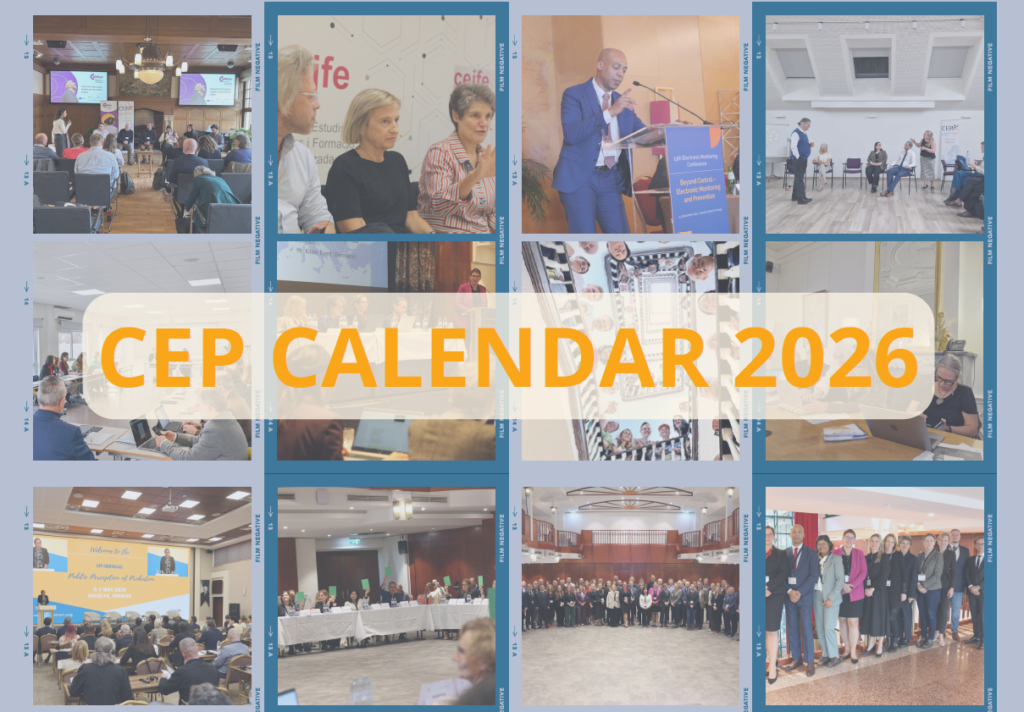Previous Article
News
TPVR: What Works in preventing Violent Radicalisation
In a not so distant past, terrorist attacks were committed by criminals coming into a county, and then leaving it again after they have done their job. The London Bombings on 7th July 2007, however, were committed by radicalized nationals feeling alienated and deprived in their own society. In the aftermath of these attacks Criminal Justice agencies were presented with the situation that a number of people convicted under Terrorist Legislation would receive prison sentences of less than a few years before release on license into the community. In order to deal with this group of offenders, London Probation Trust started the European project Towards Preventing Violent Radicalisation (TPVR). “What we are essentially doing is to compare various intervention models delivered by the volunatry sector to identify the factors of success and models of best practices”, clarifies Sara Robinson, TPVR Project Manager. The first results of the project were discussed at the TPVR expert meeting held at 12th May in Berlin, Germany
 TPVR, which was largely funded by the Prevention of Fight against Crime Programme of the European Commission, sought to continue the partnership between the German Violence Prevention Network (VPN) and London Probation Trust to research and review these methodologies/interventions which have been used with those convicted of violent extremism while in custody and while on licence once released into the community.
TPVR, which was largely funded by the Prevention of Fight against Crime Programme of the European Commission, sought to continue the partnership between the German Violence Prevention Network (VPN) and London Probation Trust to research and review these methodologies/interventions which have been used with those convicted of violent extremism while in custody and while on licence once released into the community.
“In one of projects on Reducing Hate Crime in Europe London Probation had identified a specialist organisation in Germany who engaged with young men serving prison sentences for violence inspired by extreme right wing political groups”, tells Sara Robinson. “VPN have established methodologies for working with perpetrators motivated by right wing extremist ideology. Later they have developed this work to include working with Muslim offenders who have been convicted of hate related violent crime.”
In addition, in TPVR links had been made with London Mosques and faith groups in a concerted attempt to engage the Muslim community in a search for a lasting solution to violent extremism.
Linda Pizani-Williams from the European Institute of Social Services from the University of Kent, and Dr. Harald Weilnböck from the University of Zürich, would research the effectiveness of the interventions used by the project partners, what factors of the programme made it successful and what are the differences in working with different types of radicalized offenders.
“The research is expected to be finished later this year”, reveals Sara Robinson. However the first results of their research, which they presented to the project partners and delegates from Europe at the expert meeting in Berlin, did show some clear factors of success. One of these is there is a very important role for the community, whether that is to prevent vulnerable people form radicalizing, or to provide ongoing contact with ex-offenders on license and after release, which basically is the proof that after care is needed. One of the most remarkable best practices, according to me, comes from the German programme for youth criminals. Often these youths operate in groups, where they get challenged. In fact, being challenged is how they start their criminal career. VPN developed a model in which the contact person challenges the youth criminal in the same way as the group is challenging him. Also they are trying to talk with the youth about its past, and notably the positive points of it, as youth criminals have a tendency to focus on their negative experiences in life.”
The final report will be presented at the joint TPVR-RIRP* conference in London, from 4th – 6th October.
* – Reducing Influences that Radicalize Prisoners; a EU funded project that concentrates on developing training materials for prison and probation staff to recognize and prevent violent extremism in prison and probation.

Related News
Keep up to date with the latest developments, stories, and updates on probation from across Europe and beyond. Find relevant news and insights shaping the field today.
New

Alternatives to pre-trial detention, Community Sanctions and Measures, Framework Decisions, Technology
Future of Criminal Justice: CEP’s Contribution to Key 2025 Dialogues
27/01/2026
Throughout 2025, CEP and its representatives actively participated in the online Technical meetings ahead of the HLF as well as the High Level Forum on Future of Criminal Justice taking place on 4-5 March 2025, 20-21 May 2025 and 1-2 October 2025 in Brussels, Belgium.
Recap

Alternatives to pre-trial detention
Recap: Webinar on Alternatives to Detention 2026
26/01/2026
On Thursday 22 January, CEP hosted the first webinar of 2025 on the topic of Alternatives to Detention. The session led by Ms. Marina Pajoni from the French Prison and Probation Service titled „Problem Solving Justice in Pracitce: The Meuse Probation Service´s Approach to Drug Addiction“ introduced an innovative programme developed by the Meuse Probation Service in close cooperation with the French Ministry of Justice.
New

Education and Training
CEP launches an interactive European map of probation education and training institution contacts
22/01/2026
The CEP is pleased to inform its members that a new dedicated section has been developed on the CEP website featuring an interactive map of Europe.
New

CEP Events
CEP activity calendar 2026
20/01/2026
As we begin the new year, we would like to thank all CEP members, partners, and participants for your continued engagement and valuable contributions. Your involvement plays an essential role in shaping CEP’s work and activities.
We are pleased to share the CEP calendar for 2026, which provides an overview of the events planned for the year ahead. We look forward to continuing our collaboration and welcoming you to upcoming CEP activities throughout the year.
Thank you for being part of the CEP community.
New

CEP members, Gender-based violence
Interventions Alliance’s Eden House Recognized as Outstanding
15/01/2026
CEP is delighted to share that Eden House, an Interventions Alliance residential service for women with high-risk or complex needs on probation, has been rated “Outstanding” overall by HM Inspectorate of Probation. In 2022, Eden House was honored with the CEP Public Protection Award. Our sincere congratulations to the team for this remarkable achievement.
New

Education and Training
The Judicial Training Dashboard
14/01/2026
The European Training Platform (ETP) is a search tool for justice professionals. You can find self-learning materials on a great variety of EU law practice areas and related topics, as well as links to training providers’ homepages and course catalogues.
Subscribe to our bi-monthly email newsletter!
"*" indicates required fields
- Keep up to date with important probation developments and insights.

